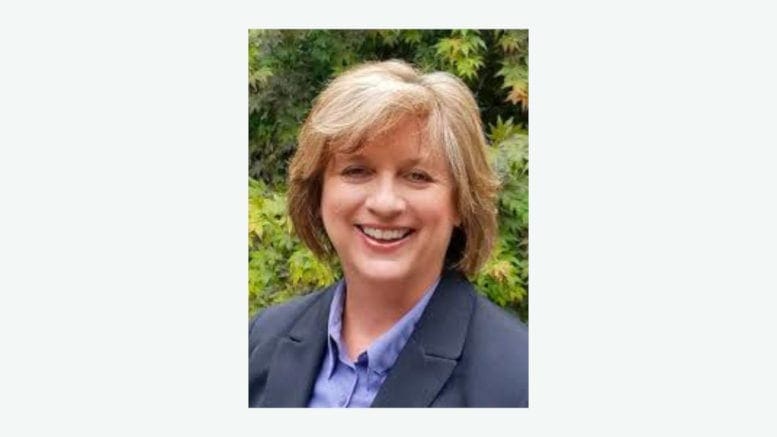By Melanie Dallas, LPC
Although July is usually regarded as a slow summer month, there are many new and important happenings in Georgia this July. Actually, July 1 is the beginning of the State of Georgia’s fiscal year – when the budget passed by the General Assembly during its legislative session goes into effect – along with many of the new laws it enacted.
One such law is HB 1013, known as the Mental Health Parity Act, which went into effect July 1. This important and long-needed piece of legislation requires insurers to provide the same coverage for behavioral health conditions (e.g. mental health and substance use treatment) as they do for physical health conditions. While parity has been federal law for many years, there was little active enforcement on the state level, something which this law also addresses.
One of the most important benefits of HB 1013 will be increasing access to behavioral health services in Georgia by ensuring that individuals are not cut-off from critical treatment services due to arbitrary policy limits – just as they would not be cut-off from cardiac care or physical therapy. Such parity also helps reinforce what we in the behavioral health field have been saying all along – that mental illness and substance use disorders are legitimate medical problems from which individuals can recover with adequate treatment and support.
Closer to home in northwest Georgia, July 1 also marks the completion of the consolidation of the former Cobb County Community Services Board into Highland Rivers Health. With guidance from the Department of Behavioral Health and Developmental Disabilities, this process took approximately two years. After completing an earlier consolidation of Haralson Behavioral Health Services into Highland Rivers on January 1, the newly-named Highland Rivers Behavioral Health is one of the largest community service board in Georgia.
These consolidations have been a tremendous opportunity for our organization and our communities, and we have integrated amazing staff across all three agencies that have coalesced beautifully into one collective mission for our communities in northwest Georgia. With these consolidations, we have also expanded our governing board to 18 members, and are installing new signage, with our new name and logo, at all agency facilities.
With both consolidations complete, we are also launching a new website, with the address http://highlandrivers.org. This new site will be a useful tool for anyone in the 13 counties we serve to learn about the services we offer and how to access them – with an interactive location map, online referral forms and after-hours emergency contact information. Despite the tremendous work involved in these consolidations, our agency is stronger than ever and ready to increase the number of people we are able to serve in all of our communities.
Finally, there is one more important new development taking place this July in Georgia (and actually, across the U.S.), and that is the roll-out of the 9-8-8 suicide and crisis line. Like calling 9-1-1 for a medical emergency, people will now be able to call 9-8-8 for a mental health emergency. In Georgia, these calls will be routed to the Georgia Crisis and Access Line (GCAL), which has already served Georgia for many years. GCAL’s phone number (800-715-42250) and MyGCAL app will all remain active even after 9-8-8 goes live and Georgians will still be able to reach GCAL by phone or text.
What each of these developments – mental health parity, the consolidation of our agencies, and the roll-out of 9-8-8 – have in common is that they all increase access to behavioral healthcare in Georgia, locally and statewide. And access to care is the critical ingredient in strengthening Georgia’s mental health system and improving quality of life for individuals and families in communities across our state.
Melanie Dallas is a licensed professional counselor and CEO of Highland Rivers Behavioral Health, which provides treatment and recovery services for individuals with mental illness, substance use disorders, and intellectual and developmental disabilities in a 13-county region of northwest Georgia that includes Bartow, Cherokee, Cobb, Floyd, Fannin, Gilmer, Gordon, Haralson, Murray, Paulding, Pickens, Polk and Whitfield counties.

Sister 58 with mental issues now for nearly 30 years and my brother and I have tried to find a place for my sister. She is in a hospital right now. But our days is number on how long she can stay. We have called everyone in north Ga. They will say taking new patients but they never get back to us. We’ve had places say we will but later get a call saying no. We are frustrated. I hope someone sees this that can help. She has Medicare and Medicaid.
This is a rough issue. While it was more related to chronic illness and dementia with my family members I’ve gone through it three times: my late wife, my late mother, and my brother-in-law. I’ll see what I can find out, but you might want to try calling the state ombudsperson to see where you might find resources. Another starting point might be Cobb Senior Services if you’re in Cobb. Another stab might be just to call United Way. They have enough services on their roster that they might know of an agency that can at least provide guidance.